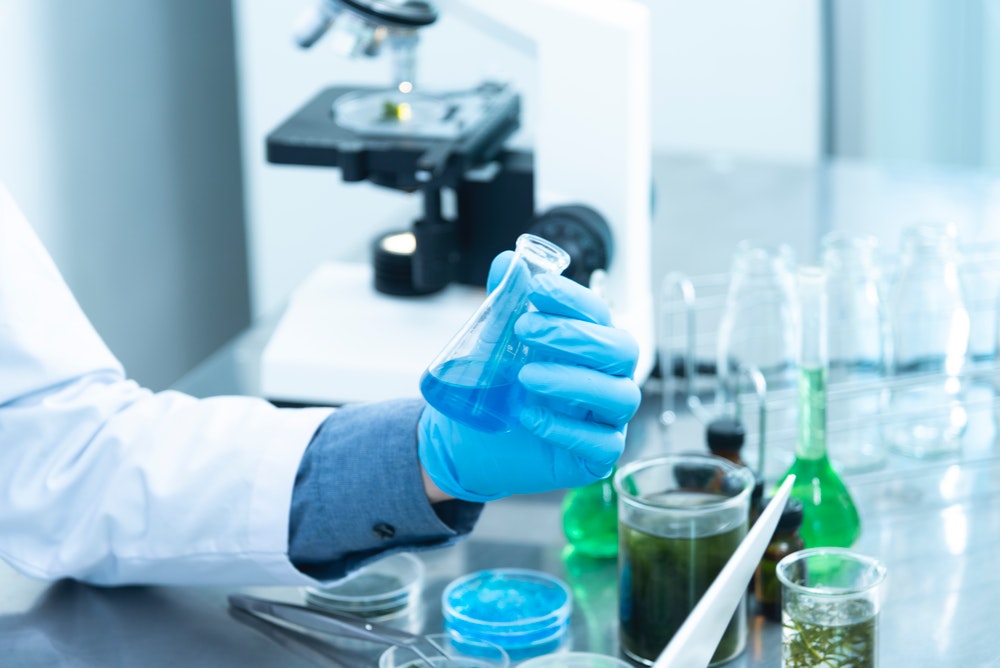We have frequently been hearing guidelines and measures concerning COVID-19 testing wherein the various governing authorities and healthcare professionals are guiding on to get oneself tested if sure signs and symptoms are visible related to the sickness.
Today, the total tally of cases globally has reached the mark of 25.1 million with 844K death rates. Numbers are primarily going to rise with each passing day due to an escalating number of testing.
Moreover, the testing procedure presently seems very discomforting and exposing the health care workers to a significant risk of contracting the disease. For the past 6-7 months, the testing based on Nasopharyngeal swab collection seems very painful and dangerous.
A recent report has informed that India has begun its trial on the Saliva-based testing to make certain elements easier and risk-free.
The Trial and Testing
The Medanta Institute of Education & Research in Gurgaon, the Mumbai-based diagnostic company Trans Bio Lab and Pune’s Mylab are among the three proponents who are prepping up to deliver results on the effectiveness of the Saliva-Testing for COVID detection in patients.
All the three institutes are trying to validate this testing process and compare it with the accuracy of Nasopharyngeal swab collection. All of these labs have claimed that if the efficacy of Saliva sample testing proves appropriate, it may save resources and time along with safeguarding healthcare professionals from possible exposure to the virus.
What currently we have as a process to collect samples for COVID testing it contains healthcare workers to insert a tool into the nose and throat for specified results.
On the other hand, a Saliva-based method would require an individual to spit inside the sample collecting kit, which will be done in the supervision of a healthcare professional and handed over to the labs. The Saliva-based testing involves the basic molecular test, which is considered to be the essential, standard testing regarding COVID-19 detection.
Vikas Deswal, who is a consultant in Internal Medicine and leading the comparative study between the sensitivity of salivary-based samples and nasopharyngeal samples in the diagnosis of Covid-19 in Gurgaon-based The Medanta Institute of Education and Research said in a statement to The Economic Times,
We have completed our trial and found that saliva is an equally good sample as nasopharyngeal for RT PCR (reverse transcriptase polymerase chain reaction) test, with much less problems to the patient and healthcare professionals. We collected the samples by a drooling method in a tube… in fact, in our observation, the accuracy was better than the present method of testing
If we are to believe Dr. Deswal’s statement, it seems like the possibility of testing and receiving the results faster would be one of the many chances expected helping to cure the disease after early diagnosis.
Medanta Institute has already decided to publish their study as soon as possible in the medical journal and get the necessary approval for this method of testing from the Indian Council of Medical Research within the tenure of two weeks.
Meanwhile, another Mumbai-based lab TransAsia Bio has begun with their trial. They plan on collecting samples from 200 positives and 200 negative individuals who previously took the RT PCR test. Suresh Vazirani, the MD TransAsia Bio lab, has claimed an ongoing internal evaluation of the trial and would probably reach out to the ICMR within a time frame of one month approximately.
The US Food and Drug Administration has given a green signal and emergency approval to conduct salivary-based testing and has stated that,
Since the saliva sample is self-collected under the observation of a healthcare professional, it could also potentially lower the risk posed to healthcare workers responsible for sample collection.
The progress of this trial would provide a little bit of comfort to the healthcare workers as well as people who are approaching labs to get tested. Many more theories and possibilities might keep occurring to be able to help eradicate this disease and work in the welfare of the citizens globally.




